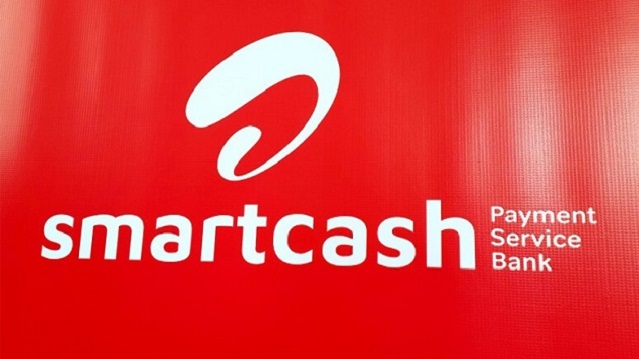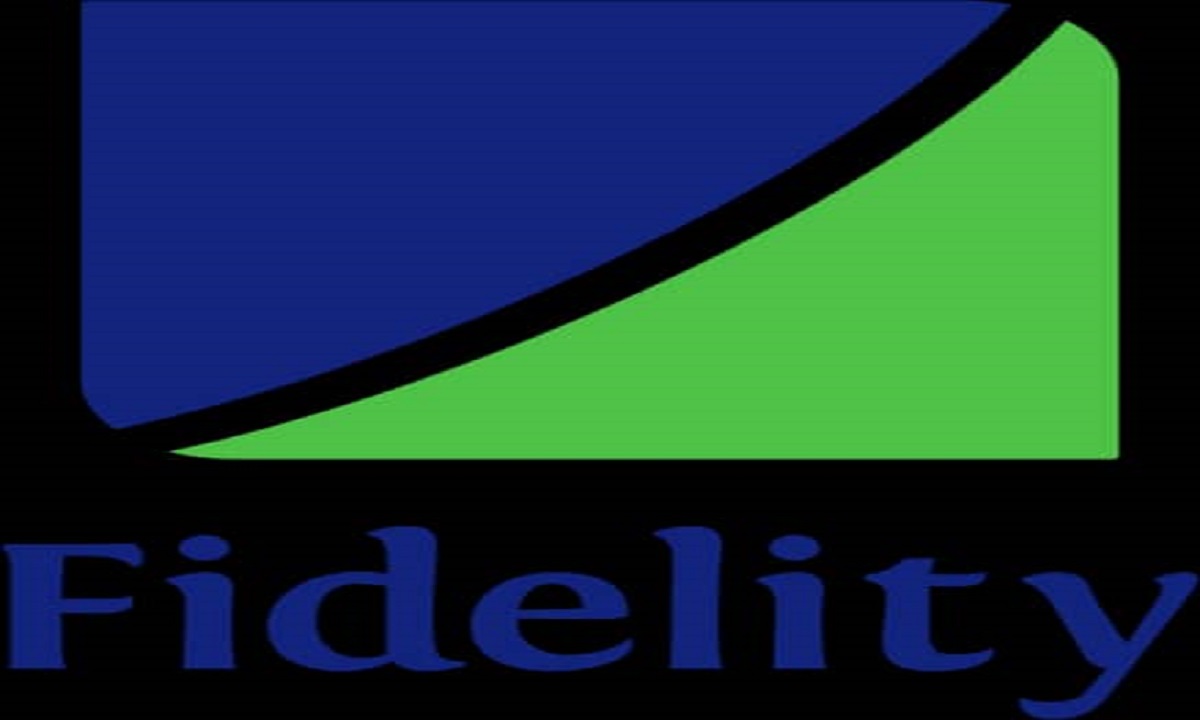E-Financial
CSCS Assures on Depository Service to Investors

Central Securities Clearing System (CSCS) has said it is well-positioned to clear and settle all secondary market transactions on debit notes, going forward, notwithstanding the Exchange where it is traded.
The assurance is coming ahead of the debut of Dangote Cement N100 billion bonds issue in the debt capital market.
“With CSCS having full coverage of the market, it is well-positioned to clear and settle all secondary market transactions on the debit notes, going forward, notwithstanding the Exchange, where it is traded. With over N530 billion outstanding corporate debt issues and slightly less than N400 billion outstanding sub-national bonds, the Nigerian debt capital market is increasingly becoming a viable source of long-term funding for both corporates and state governments,” said Mr Haruna Jalo-Waziri, Managing Director/CEO, CSCS.
“With this debut N100 billion debt note, Dangote Cement Plc is once again reinforcing the capacity of the Nigerian debt capital market and setting a new benchmark in terms of size and pricing of corporate bonds.
“ CSCS, being the depository to about half a trillion-naira outstanding corporate bonds from twenty-three issuers, we are excited to onboard Dangote Cement bonds into our depository post the Securities and Exchange Commission ( SEC) approval of allotments.
We are excited at working with all stakeholders – the issuer, joint lead arrangers, Exchanges and more importantly esteemed investors – Pension Fund Administrators (PFAs), banks, asset managers, trustees, custodians and brokerage firms, who would be participating in this landmark transaction.
“We earnestly look forward to the approved allotment schedule to promptly credit investors’ accounts and provide a consolidated view of all their investments across the capital market.”
“Dangote Cement Series 1 bond is a landmark transaction for the Nigerian debt capital market, as it will be the largest-ever single corporate debt issue in the Nigerian capital market.
“Similar to the Dangote Cement N150 billion Commercial Paper (CP), which has helped deepen that segment of the money market and broaden local investors’ investment options in the fixed income market, the Series 1 bond, which is the debut issue out of the N300 billion Shelf Programme, will further reinforce the potential depth of the Nigerian debt capital market and the ability of local corporates to fund long term projects from the domestic debt market,” Jalo-Waziri added.
E-Financial
Smartcash PSB Launches Access to Instant Motor Insurance via Leadway Assurance

In continuation of its mission to make financial services simpler, faster, and more accessible, SmartCash Payment Service Bank, a subsidiary of Airtel Nigeria, has announced a strategic partnership with Leadway Assurance to offer Smartcash users an effortless access to Leadway’s mobile-friendly motor insurance service.

Starting from ₦15,000, this new offering provides a convenient and affordable way for motorists to stay protected and compliant with national insurance requirements. With this collaboration, new and existing Smartcash customers can now acquire or renew two types of Leadway Assurance motor insurance: the Third-Party Insurance and AutoBase Comprehensive Insurance, directly on the Smartcash app or by dialling *939#.
While the third-party motor insurance plan offers the legally required minimum cover, protecting motorists from liability for damages or injuries caused to others, the AutoBase Comprehensive Insurance plan extends that protection to cover the user’s own vehicle in the event of accidents.
Commenting on this partnership, Chief Executive Officer, Smartcash PSB, Tunde Kuponiyi highlighted the importance of the collaboration in driving convenient and inclusive insurance access for Nigerians.
“At Smartcash, our goal has always been to bring inclusive financial solutions closer to everyday Nigerians. By partnering with Leadway Assurance, we’re making it easier for motorists to insure their vehicles without stress or delays. It’s insurance that moves at your speed,” he said.
He also noted that Smartcash users can complete the entire purchase process in under three minutes, from plan selection to payment with no physical paperwork or documentation required. Customers receive instant confirmation and their digital policy documents via email, making insurance more accessible than ever.
Also speaking on the partnership, Kike Fischer, Director, Sales, Retail and Partnership, Leadway Assurance, added: “At Leadway, innovation and exceptional service are at the core of our mission to deepen insurance penetration and inclusion.
“This collaboration with SmartCash enables us to deliver real-time protection to more Nigerians via a trusted, everyday platform. It marks a bold step in transforming how insurance is accessed and experienced across the country.”
The insurance integrated service is also fully inclusive, as it works across all types of mobile phones. Users without smartphones or internet access can access the same features via USSD, ensuring nationwide reach, especially in rural and underserved areas.
This partnership reinforces Smartcash’s commitment to delivering digital-first financial services that meet the real-world needs of Nigerians. By simplifying access to essential products like motor insurance, Smartcash continues to empower users with tools that protect, support, and uplift their daily lives.
E-Financial
Fidelity Bank Refutes ₦5 Billion Bail Payment Claim, Labels Report “False”

Fidelity Bank has dismissed allegations that its Managing Director, Nneka Onyeali-Ikpe, paid ₦5 billion to evade police detention amid an ongoing fraud investigation.

The bank described the report, published by Sahara Reporters, as “malicious” and aimed at misleading the public.
The controversy arose from a recorded conversation in which Onyeali-Ikpe allegedly referenced ₦5 billion in connection with her bail.
However, Fidelity Bank clarified that the amount referenced was a bail bond signed on self-recognizance—not a direct payment to the police.
Authorities later withdrew fraud charges against Onyeali-Ikpe, with the Attorney General of the Federation citing justice, fairness, and lack of evidence implicating her in the matter.
Fidelity Bank emphasized its commitment to strong corporate governance and adherence to ethical standards.
E-Financial
CBN Suspends Dividend, Bonus Payments for Banks under Forbearance

Central Bank of Nigeria (CBN) has suspended dividend payments to shareholders and bonuses to directors and senior management staff of banks currently benefiting from regulatory forbearance.

Forbearance refers to the temporary reduction or postponement of payments, such as for loans or mortgages, usually introduced to give temporary relief to individuals, and corporations, including financial institutions encumbered by financial straits.
The directive was contained in a circular dated June 13, signed by Olubukola Akinwunmi, director of Banking Supervision, CBN.
According to the CBN, the move is part of efforts to strengthen capital buffers, enhance balance sheet resilience and promote prudent internal capital retention within the banking sector during what it described as a transitional period.
The regulatory forbearance arrangement, which allows banks some relief in meeting credit exposure and Single Obligor Limit (SOL) requirements, is currently being reviewed by the central bank in terms of capital positions and provisioning adequacy.
As part of this review, the CBN directed affected banks to suspend dividend payments, defer bonuses, and refrain from making investments in foreign subsidiaries or launching new offshore ventures.
“This temporary suspension is until such a time as the regulatory forbearance is fully exited and the banks’ capital adequacy and provisioning levels are independently verified to be fully compliant with prevailing standards,” the CBN said.
The bank added that the measure is to ensure that internal resources are retained to meet existing and future obligations and support “the orderly restoration of sound prudential positions.”
The CBN also said it will continue to monitor developments and engage with institutions as necessary.
The move comes amid efforts to tighten supervision across the financial system following recent banking sector reforms and recapitalisation directives.

 E-Financial1 day ago
E-Financial1 day agoFidelity Bank ED, Kevin Ugwuoke takes over as President of Risk Managers Association

 Telecom1 day ago
Telecom1 day agoCrypto Exchange MEXC Rolls Out P2P Support for Naira, Birr, and Rupee

 News1 day ago
News1 day agoWhy I am vying for AFRINIC board seat in 2025 election – Terry Edet

 General News1 day ago
General News1 day agoAirtel Concludes Nationwide Environment Week with Market Clean-Up by Employees

 General News1 day ago
General News1 day agoCourt Orders Lawyer to Produce “Bail-Jumping” Client in MTN Cyber Fraud Case

 News1 day ago
News1 day agoElumelu, UBA Chair Seeks Digital Sovereignty for Africa

 E-Financial1 day ago
E-Financial1 day agoCBN Suspends Dividend, Bonus Payments for Banks under Forbearance

 Broadcasting1 day ago
Broadcasting1 day agoMultichoice Nigeria Faces Revenue Decline Amid Economic Challenges




























